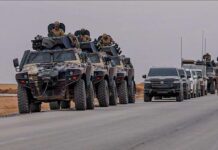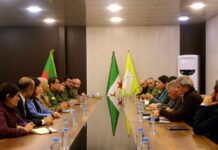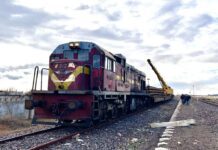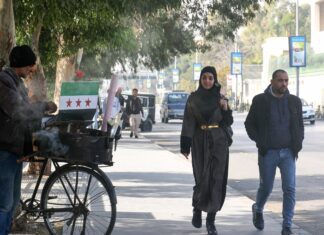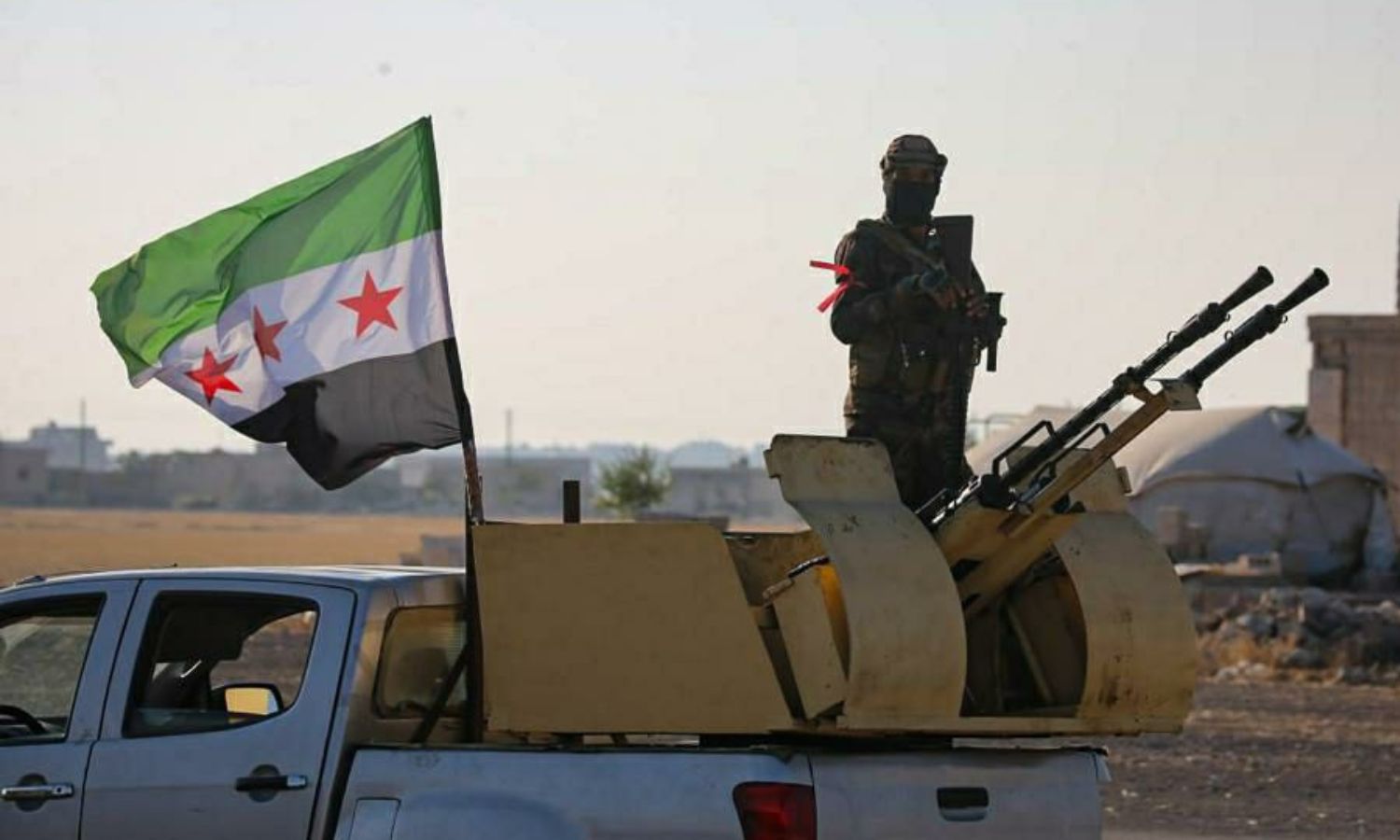
Regions of northern Syria under the control of the Turkish-backed Syrian National Army (SNA) and Syrian Interim Government (SIG) have experienced clashes and infighting between members of the SNA over the last few days.
The violent clash occurred regarding control of the key al-Hamran crossing between the SNA-administered region and that PKK aligned Syrian Democratic Forces (SDF), is prized for its strategic access to fuel and oil coming from SDF areas to other parts of northern Syria and the lucrative taxes collected by those manning the crossing.
Haid Haid, Senior Consulting Associate Fellow at Chatham House, PhD in war studies, commented on the recent outbreaks of infighting throughout various regions of Syria saying, “Recent intensive clashes in Syria highlight a concerning trend. Simply viewing them in isolation risks overlooking the broader, alarming picture: While battles between rival factions have generally decreased, infighting among allied groups is on the rise.”
The fighting over the economically vital crossing took place between the SNA’s Third Corps and Sultan Murad Division, with strong ties to Turkey, and the Shahba Gathering, a coalition comprised of Nur al-Din al-Zinki, Ahrar Eastern Wing, Ahrar al-Tawheed and the 50th Division, with many other elements of the SNA staying neutral.
After days of fighting, which saw many combatants killed and injured and taken prisoner, a ceasefire has been agreed upon to restore peace to the region. According to the agreement, the Shahba Gathering, formed earlier this year, will be officially recognized as a legitimate military coalition in northeastern Syria and will maintain its current positions and areas of influence at the time of ratifying the agreement. Sultan Murad will withdraw from the areas Shahba Gathering oversees and all military operations by all parties will cease with all soldiers returning to their barracks and all prisoners on both sides released.
While the end to the fighting and agreement is a welcomed step, Haid warns, “Even when the infighting stops, the root causes of these conflicts often remain unaddressed, allowing them to resurface repeatedly.”

